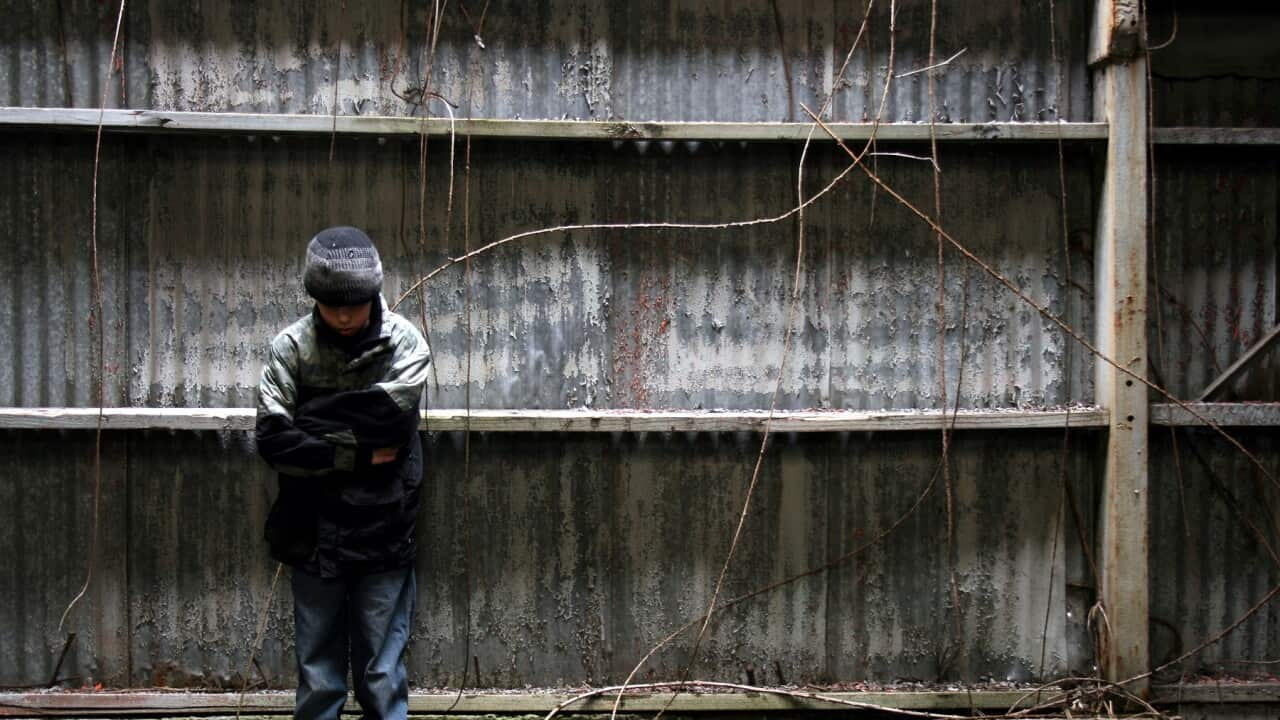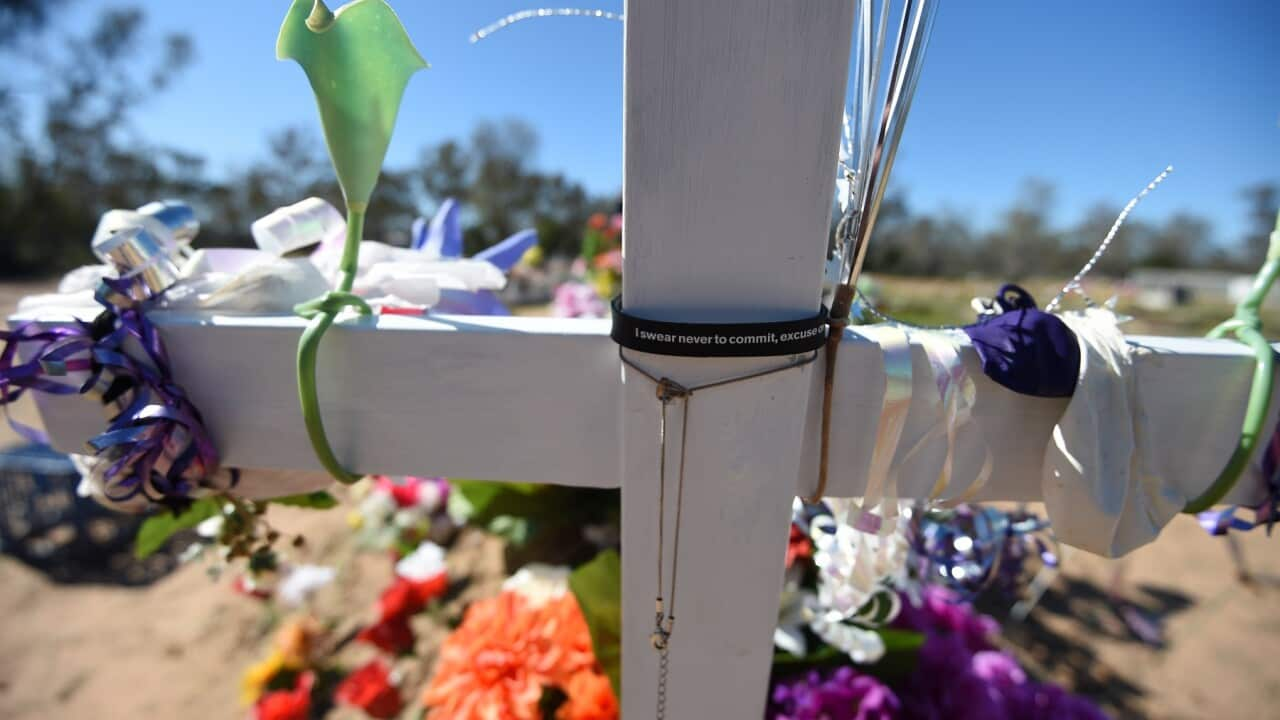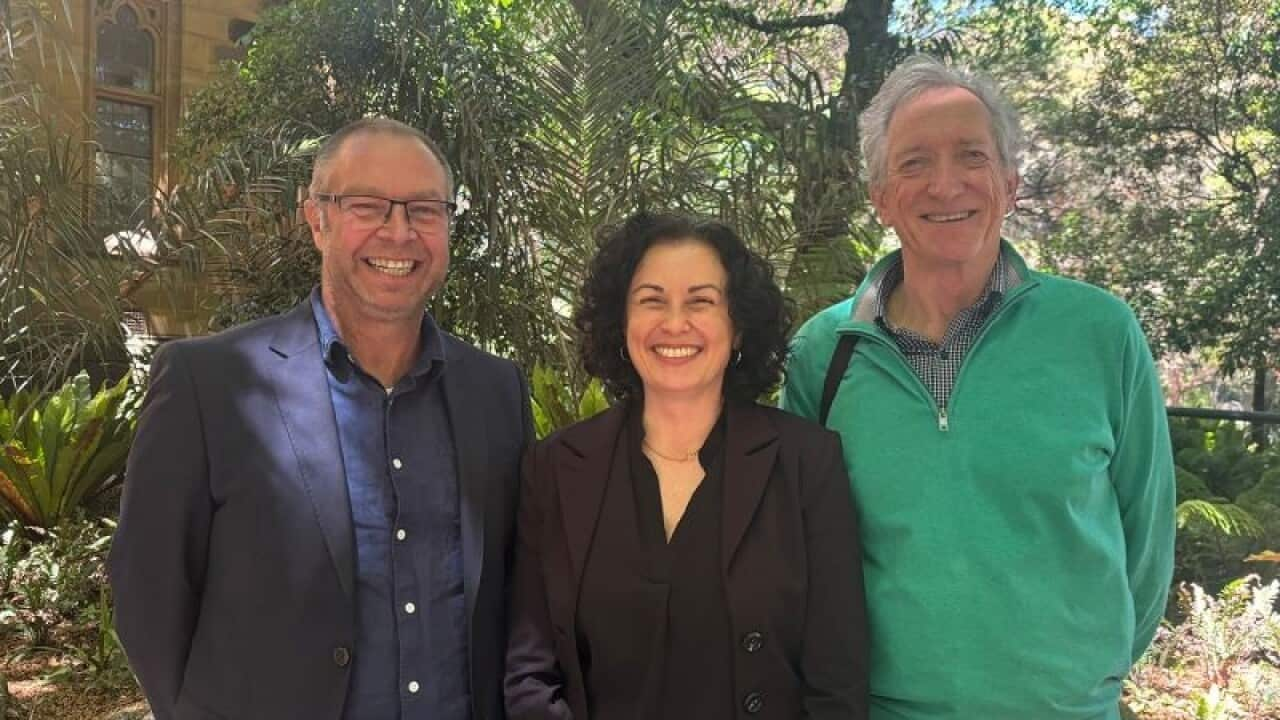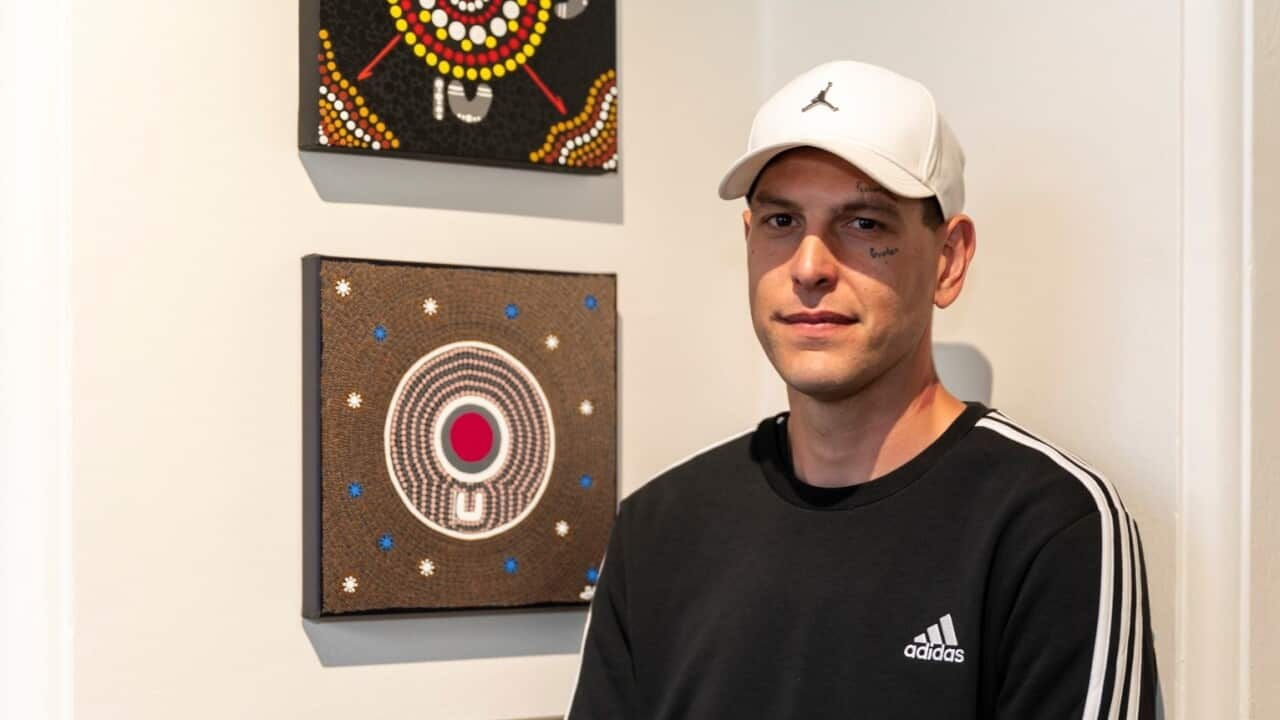TRANSCRIPT
Tens of thousands of children in Australia are struggling to find a place to call home even after seeking professional help.
Homelessness Australia says a lack of funding for affordable homes and frontline support services are to blame.
Chief Executive Kate Colvin says family and child homelessness is a blight on Australia.
"So what the report shows is that homelessness services supported more than 88,000 parents and children who came to services as part of a family group in the last financial year, but that at the last contact with the service that they had, more than a third of them were still homeless. And what that reflects is that home services just don't have access to the housing that they need to get families, rehoused. They don't have accommodation and they don't even have enough support workers to work with everyone who's coming through the door."
The report suggests there's been a 3.2 per cent increase in homelessness nationwide over the previous year.
But with the data taken between 2022 and 2023, Acting COO of community housing provider Bridge Housing Jamie Brewer says he believes it's got worse since then.
"I think the cost of living pressure has really been felt a lot by people who are on statutory incomes from Centrelink. From where we work, we've seen a huge increase in the number of people coming to us asking for temporary accommodation, and so now we're seeing so many more people come to us for help, and then that means so many more applications for housing assistance. I would expect the number of people on the waiting list has been increasing in the last 12 months."
The report suggests more than 76,000 children under the age of 18 sought help from homelessness support services across the nation annually between 2022 and 2023.
Almost 16,000 of these children were alone, unaccompanied by a parent or caregiver, and many were fleeing domestic violence, abuse or neglect at home.
Mr Brewer says 45 per cent of women seeking housing support say they're feeling domestic or family violence.
"There are not many places that would accept children. So there are lots of places for single, well, there are not lots of places anyway, but there are more places for singles than there are for people who have children with them. And then because the exits are harder from a crisis or a transitional property to a long-term property than those, that becomes a bottleneck. And so even the things that you would normally have available for someone urgently fleeing domestic violence is just not available at the moment."
Children can become homeless for a variety of reasons such as family dysfunction, abuse, or rejection as a result of LGBTIQ+ discrimination.
The report has also found many young people were failed by child protection and justice systems prior to becoming homeless.
Aboriginal and Torres Strait Islanders are particularly over-represented in the data, making up almost a third of homeless children despite comprising 6.8 per cent of the population under 18.
Chief Executive of the Victorian Aboriginal Child and Community Agency, Aunty Muriel Bamblett, says the situation is dire."Particularly our Aboriginal children are in crisis. They're ringing, they're looking for help, they're homeless. Our children are suffering with mental health, drug and alcohol. Young children are living in homes where it's not safe, and so it is about how do we actually focus on children. Why do you think so many of our children end up in the justice system; because there's nothing else and so you commit a crime and at least you get a bed and three meals a day."
Homelessness Australia is calling for a dedicated First Nations Housing and Homelessness Plan to address the particular issues driving over-representation of First Nations children and families.
The 2024 NAIDOC Person of the Year has backed the idea.
"Absolutely support the fact that there should be a national plan, but there's got to be serious resources given to it. We've had strategies for a number of years, but they're not hitting the mark. They shouldn't just be about providing a house. You need to be able to work with children and young people to make sure that you address all the other issues that come with it. The fact that often they've been through traumatic family violence, they've got mental health issues, youth suicide, being able to address all those issues. You can't just put a young person in a house and think they're going to survive."
There are calls for more investment in frontline services which support families and children seeking help.
Newly appointed Housing Minister Clare O'Neil has pledged to make homelessness a priority.
"It's very obvious to me that the current big crisis that we're having in housing in Australia is feeding into our homelessness population very clearly. There is no distinction really here between the big problems we're having in the commercial housing market and the experience of people who are experiencing homelessness. All of the workers who I've talked to about this issue in the last week have talked to me about the fact that they are seeing people coming into homelessness services who would never have come through the doors 10 years ago."













